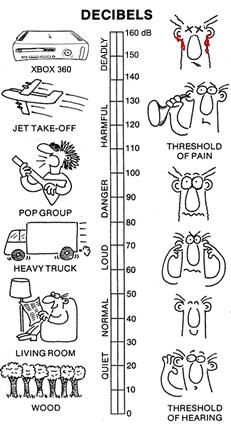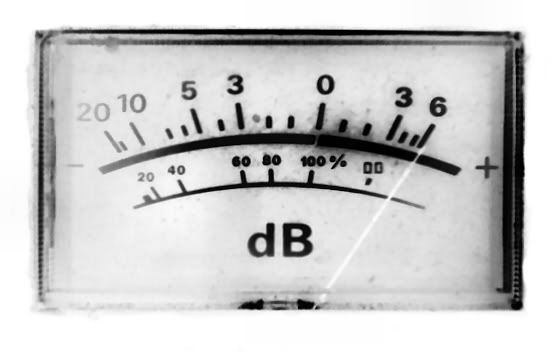Article by the University of Michigan Health System
This story is reprinted from materials provided by University of Michigan Health System. (June 11, 2012)
The world needs new antibiotics to overcome the ever increasing resistance of disease-causing bacteria -- but it doesn't need the side effect that comes with some of the most powerful ones now available: hearing loss. Today, researchers report they have developed a new approach to designing antibiotics that kill even "superbugs" but spare the delicate sensory cells of the inner ear.
This story is reprinted from materials provided by University of Michigan Health System. (June 11, 2012)
The world needs new antibiotics to overcome the ever increasing resistance of disease-causing bacteria -- but it doesn't need the side effect that comes with some of the most powerful ones now available: hearing loss. Today, researchers report they have developed a new approach to designing antibiotics that kill even "superbugs" but spare the delicate sensory cells of the inner ear.









